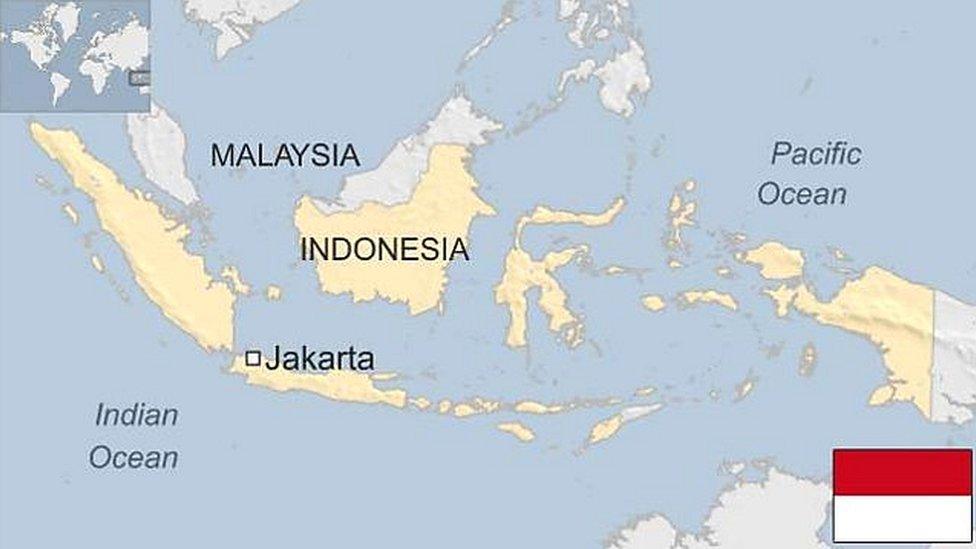Teachers re-convicted of Indonesia school sex abuse
- Published

Police say that while Tjiong (right) is back behind bars, the whereabouts of Bantleman (left) are unknown
Indonesia's Supreme Court has overturned the acquittals of two men accused of sexually abusing children, ruling their initial 10-year sentences should be extended by another year.
Canada and the US have strongly criticised the re-convictions of British-Canadian teacher Neil Bantleman and Indonesian teacher Ferdinant Tjiong.
The pair were jailed in April for abusing three children but their convictions were overturned in August.
Both men strongly deny the charges.
Their supporters argue the case against them is riddled with legal errors.
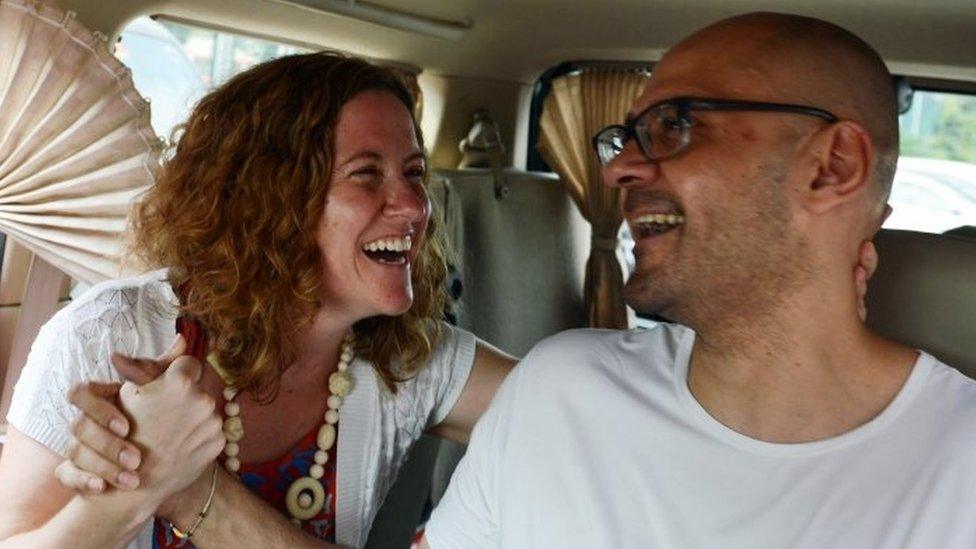
Bantleman's acquittal in August was celebrated by his wife Tracy (left)
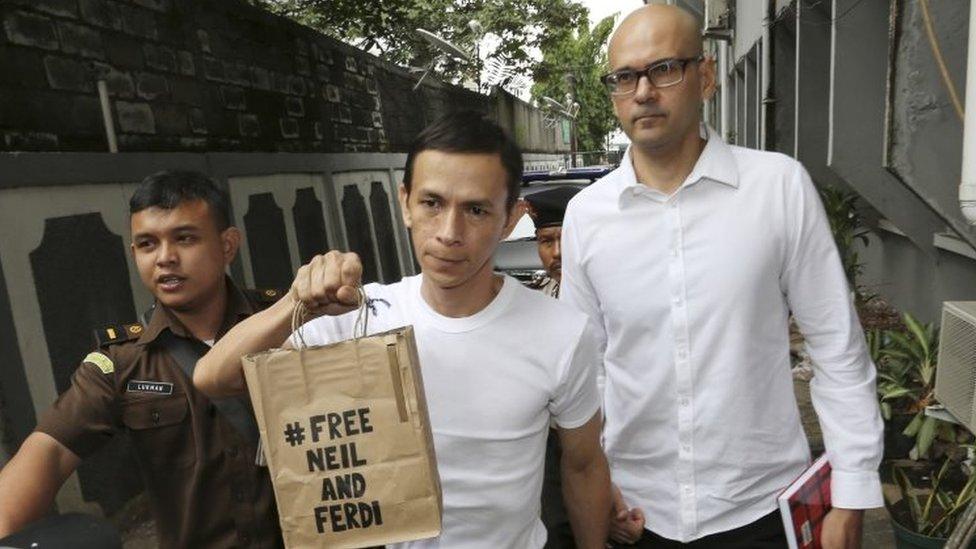
Critics say the case against the pair has not been transparent and is riddled with errors
Police told AP news agency that while Tjiong was back in custody, Bantleman's whereabouts were unknown. He is banned from leaving the country.
The Canadian embassy in Jakarta has described the Supreme Court ruling as "unjust". It argues the case is full of "grave irregularities" and has not been handled transparently.
Neither man has had sufficient opportunity to prove his innocence, it says.
"The outcome of this case has serious implications for Indonesia's reputation as a safe place for Canadians to work, travel and invest as well as for Canada's long history of co-operation with Indonesia," it said in an online statement, external.
The US ambassador to Indonesia, Robert Blake, said in a statement, external that the case raised doubts about the rule of law in Indonesia and it remained unclear what evidence the Supreme Court used to overturn the High Court's decision.
Both men were arrested in July 2014 following allegations from parents at the prestigious Jakarta Intercultural School (JIS) that pupils - one as young as six - had been sexually abused.
The school is attended by children of foreign diplomats, expatriates and wealthy Indonesians.
A Supreme Court spokesperson told the BBC that the panel of judges had found that the district court had been right to sentence the pair to 10 years in jail.
According to Indonesian law, the teachers can appeal against the latest ruling.
The BBC's Rebecca Henschke in Jakarta says the case has brought intense scrutiny of Indonesia's judicial system.
The trials, which began in December, were closed to the public and the court ordered participants not to speak publicly about proceedings.
Defence lawyers say that they have been denied due process and that some aspects of the case have not met international standards.
- Published14 August 2015
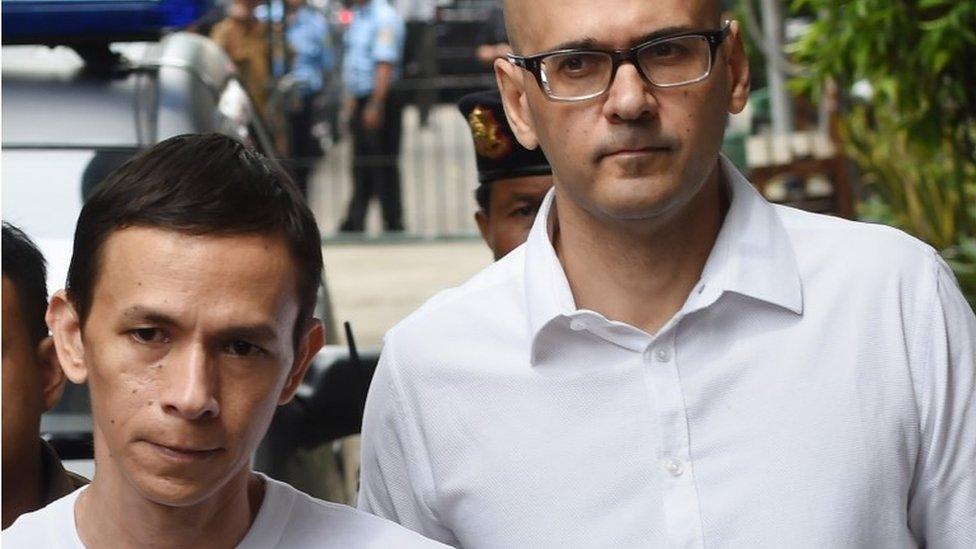
- Published3 April 2015
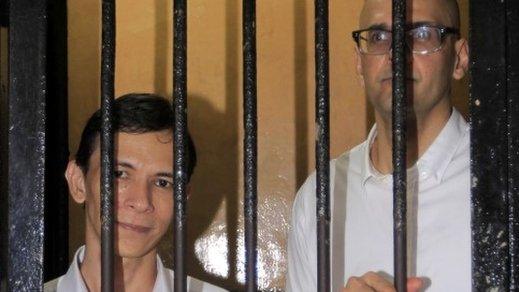
- Published25 October 2024
